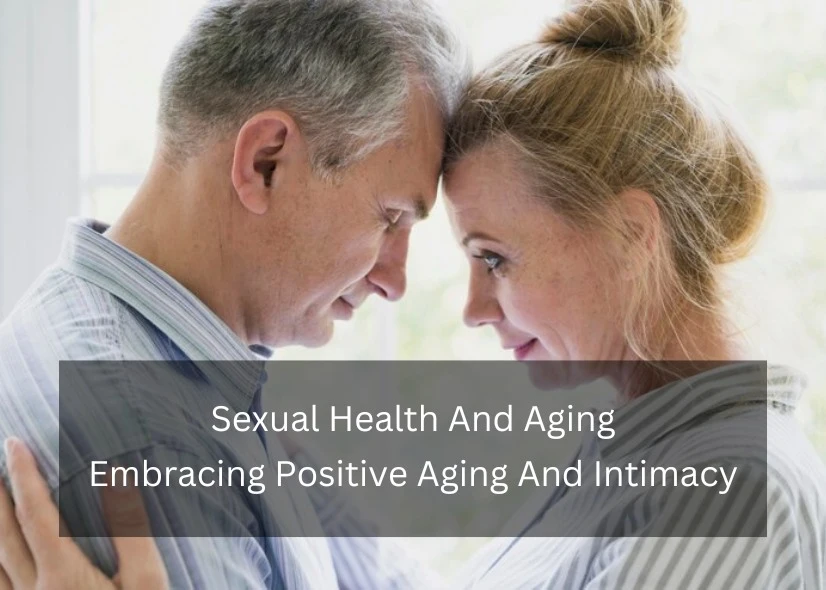Dispelling Myths Surrounding Sexual Health And Aging
A pervasive myth about aging is that sexual activity and desire inevitably decline with the passage of time. Contrary to this belief, research consistently suggests that many older adults lead active and fulfilling sexual lives. While it is true that certain physical and hormonal changes may occur, these changes do not universally equate to a decrease in sexual satisfaction. Understanding and addressing the factors that influence sexual health in older individuals can contribute to a more accurate and positive perception of aging.
Factors Influencing Sexual Health In Aging
Physical Changes
As individuals age, there are physiological changes that can affect sexual function. For example, hormonal fluctuations, decreased blood flow, and changes in nerve sensitivity may occur. However, maintaining a healthy lifestyle, including regular exercise and a balanced diet, can mitigate some of these effects and support overall well-being.
Psychological factors
Psychological factors, such as stress, anxiety, and depression, can significantly impact sexual health. It is essential to address mental health issues and seek support when needed. Open communication with a partner and a positive mindset can contribute to a healthy sexual life.
Relationship Dynamics
The satisfaction derived from a sexual relationship is significantly influenced by the quality of the overall connection between partners. Building and maintaining emotional intimacy can enhance the overall connection between partners. Effective communication, trust, and mutual respect create a conducive environment for a fulfilling sexual relationship.
Medical Conditions And Medications
Chronic illnesses and medications can influence sexual health. Seeking medical advice, exploring alternative treatments, and discussing concerns with healthcare professionals can help manage these challenges effectively.
Embracing Positive Aging And Intimacy
Communication Is Key
Open and honest communication is fundamental in maintaining a healthy sexual relationship. Couples should feel at ease communicating their wants, preferences, and worries with each other. Discussing expectations and being receptive to each other’s feelings fosters a supportive environment.
Education And Awareness
Promoting awareness about sexual health in aging is crucial. Education can dispel myths, reduce stigma, and empower individuals to seek appropriate information and support. Healthcare providers can play a vital role in offering guidance on sexual health as part of routine healthcare discussions.
Healthy Lifestyle Choices
Embracing a health-conscious lifestyle can have a positive influence on sexual well-being. Regular exercise, a balanced diet, and adequate sleep contribute to overall well-being, including sexual function. Avoiding harmful habits like smoking and excessive alcohol consumption is also beneficial.
Professional Support
Seeking professional help, such as sex therapy or counseling, can be valuable in addressing specific sexual concerns. Healthcare providers with expertise in sexual health can offer guidance tailored to individual needs and circumstances.
Adapting To Change
As individuals age, it is essential to adapt to the natural changes that may occur. Exploring new ways of intimacy, being open to different forms of connection, and maintaining a sense of humor can contribute to a positive and fulfilling sexual life.

